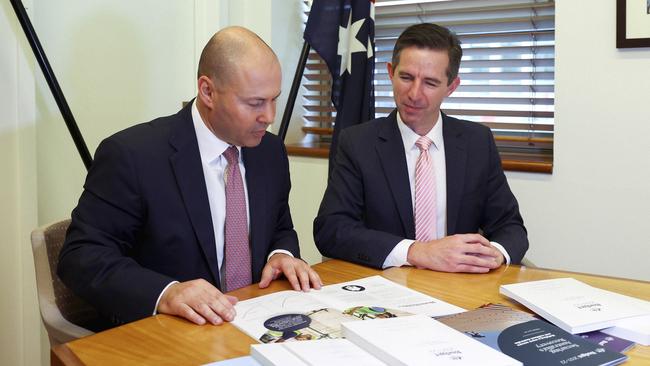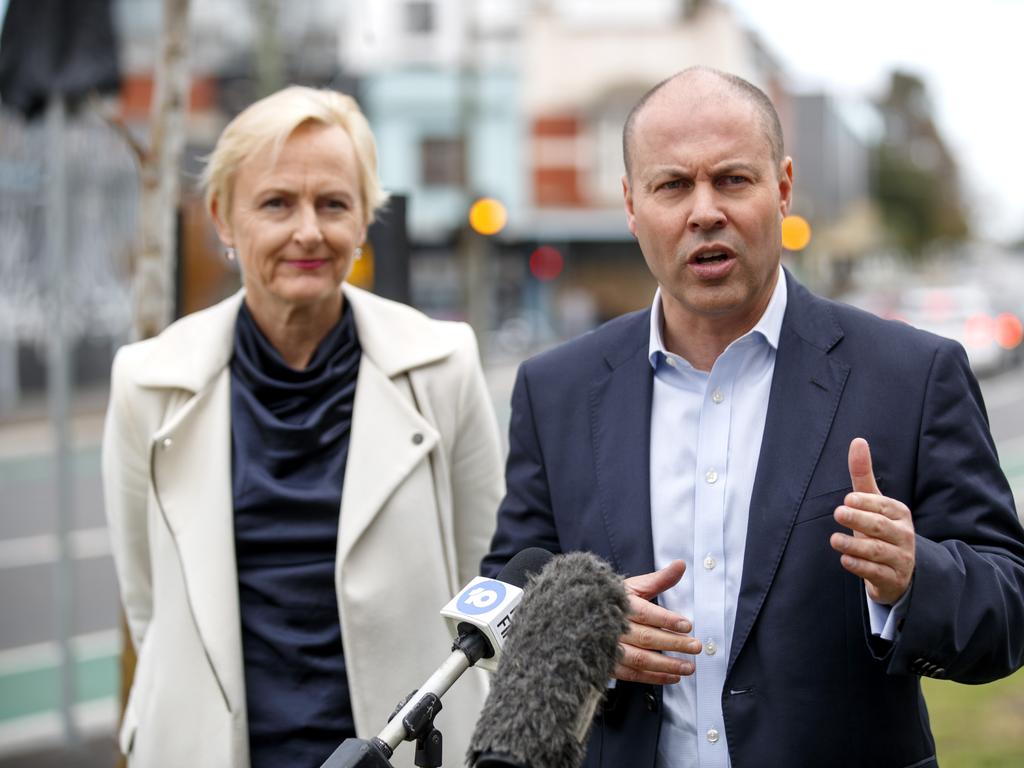
In the wake of the pandemic – which globally is still charging on – we no longer even pretend that getting the budget under control is a priority. Far from it in fact. Despite revenue already exceeding pre-pandemic levels in the budget, spending has and will continue to balloon such that even the pretence of paying back debt won’t start anytime this decade.
Red really is the new black.
In the meantime debt will continue to rise. Inevitably so will interest rates, and when that happens just watch the collective squealing about how bad debt is. As though the warning signs weren’t already there.
By then, however, it will be too late. Australia will be well on its way to building up debt levels we once condemned around the western world. Sure those countries now have even worse debt, but that is hardly the point.
Being mildly less obese than someone else doesn’t make you healthy.
Make no mistake: future generations will need to pick up the tab for the overspending we are witnessing now. Those future generations may decide that they aren’t prepared to carry the burden, meaning that once they are running the show they might adjust policy settings for those of us who are by then retired. They could push north the tax arrangements for retirement savings. Perhaps impose death duties. Certainly income tax cuts won’t be on the table by then.
All such options will need to be looked at, hopefully as part of wider tax reform this generation of political leaders have squibbed.
While the mantra that the Coalition was the party of paying down debt was circumstantial at best, rather than philosophical, in recent years it has been a convenient rhetorical handbrake on the spending both sides of politics otherwise partake in.
For example Labor when last in government felt the need to keep an eye on the prospect of a budget surplus even if it never got there. The Coalition went as far as bragging about achieving a surplus it never did.
Now even the notion of balancing the books over the longer term economic cycle is dead and buried. Yet there is little or no debate about this shift and what it means.
The budget handed down last week is defined by its profligacy. It locks in short-term prosperity for long-term pain, with little or no long-term gain. Money as debt is being thrown as recurrent spending. It has seen a complete shift in economic rhetoric. Suddenly debt doesn’t matter as long as economic growth is maintained, so we are being told.
That thesis only works for developing nations, where growth rates can and should continuously outstrip interest payments, thus ensuring debt as a percentage of GDP remains in check. Maintaining with certainty that equation is not only less likely in developed economies like ours, it’s nigh impossible.
For now it holds, but for how long? Perhaps long enough for this generation of politicians to see out their careers without being held to account. But not long enough for their reputations to be saved in the history books.
Peter van Onselen is a professor of politics and public policy at the University of Western Australia and Griffith University








Giving up is always easier than fighting on. That’s what Australia has essentially done in fiscal terms.